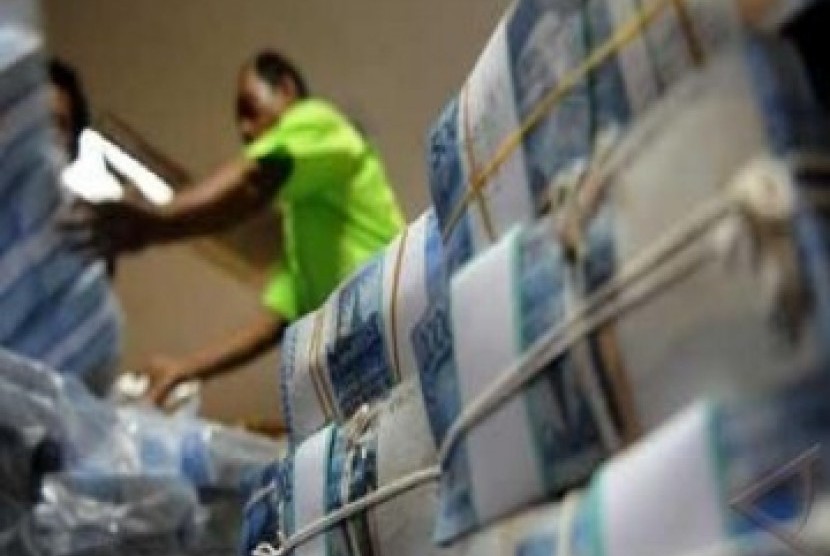REPUBLIKA.CO.ID, JAKARTA -- The Islamic Prosperous Justice Party (PKS) said state owned companies (BUMNs)should help finance infrastructure projects of the government.
"Based on the Mid Term Development Plan (RPJMN) 2015-2019 there is a financing gap of Rp4,321 trillion in infrastructure development. Of the total requirement of Rp5,432 trillion, the government could put up only Rp1,131 trillion," a PKS chairman in charge of economic affairs Memed Sosiawan said here on Wednesday.
Memed said it would not be easy for newly elected and installed regional leaders to face investment liberalization of infrastructure projects through the Public Private Partnership (PPP) scheme.
"Thorough and careful planning is necessary especially in regions not having adequate fiscal room in their budget with high original regional income (PAD)," he said.
He cautioned the government as well as regional administration against easily giving financial guarantee for project contractors.
Financial guarantee by the government carries great risk of 'sudden shock' on the stability of state budget and regional budgets, he said.
He pointed to the problem several years earlier when the government was forced to terminate contract for the Karaha Bodas geothermal power project and paid hundreds of billions of rupiahs in compensation.
Therefore, the government should be selective in carrying on development plan in infrastructure, he said, adding the government should give priority to infrastructure projects which are commercially profitable.
"Learning from the experience, the government should cut direct interaction with the private sector, limiting exposure to emergency obligations over infrastructure projects," he said.
Earlier President Joko Widodo guaranteed that there would be no cut in spending for infrastructure projects even if revenue fell short of target in 2016.
"It is necessary for me to announce that even if spending has to be cut , there would be no cut in spending for infrastructure projects," the president said earlier this month.
He said spending for goods and routine spending could be cut but not spending for infrastructure projects.


